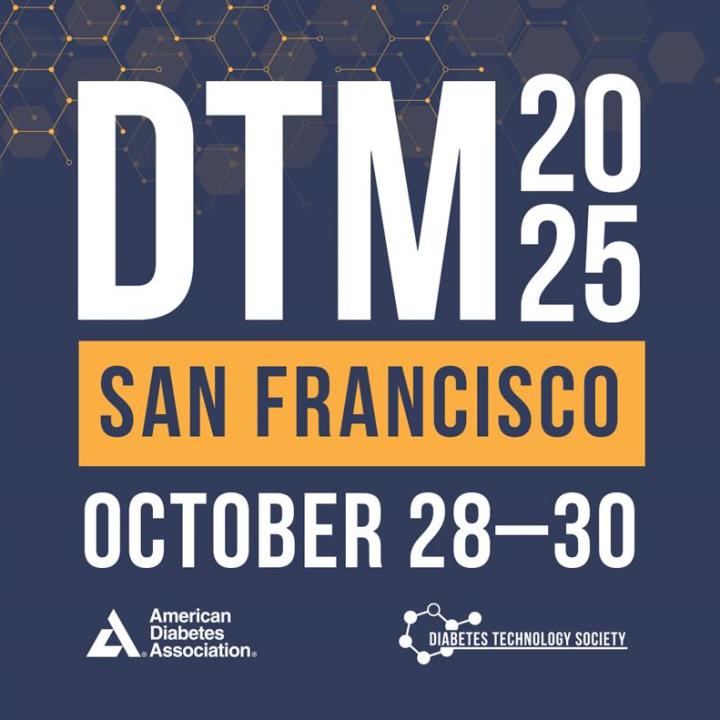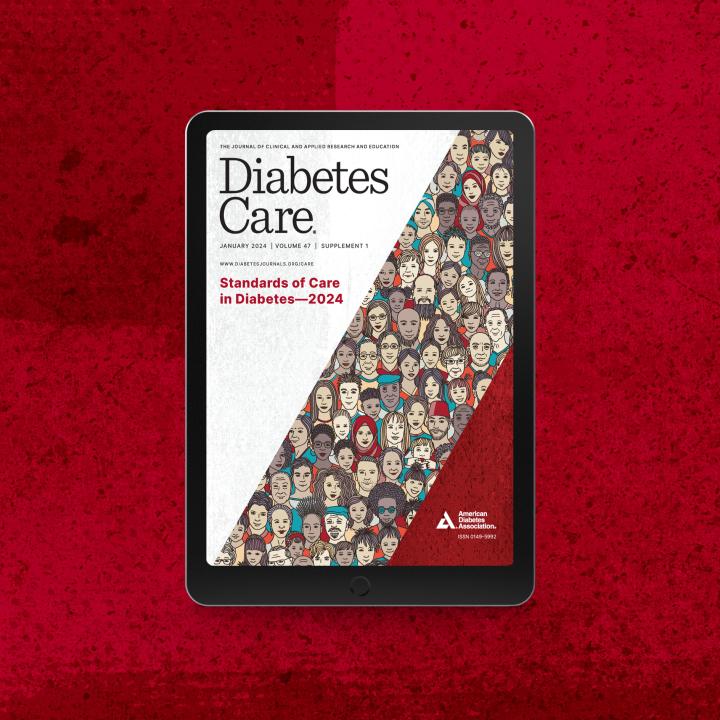For You in Your Practice
Provide quality care and improve patient outcomes with these evidence-based resources.
Continuing Education
- Online and Live Programs - Check out our other continuing education opportunities.
Journals
- Clinical Diabetes - Read about the latest trends and innovations in diabetes care and treatment.
- Diabetes Spectrum - Translate current research findings into practical clinical applications.
Podcasts
- Diabetes Core Update - Our podcast features the latest clinically relevant articles published in our four scholarly journals.
Books and Materials
Fill your library with resources written by leading diabetes experts.
Educator Resources
- Education Recognition Program - Learn how you can for Diabetes Self-Management Education with our Education recognition Program.
- Resources for Educators - Get tools to help your patients successfully manage their diabetes.
DiabetesPro SmartBrief
DiabetesPro SmartBrief - Receive your daily diabetes briefing on what is going on in the clinical diabetes community.
For Your Patients
Share these resources to help your patients manage their diabetes.
- Patient Education Library - Download free, reproducible handouts in a variety of languages.
- ShopDiabetes.org - Provide your patients with American Diabetes Association brochures and booklets.
- Consumer Guide - The Consumer Guide is a listing of diabetes-related products.



